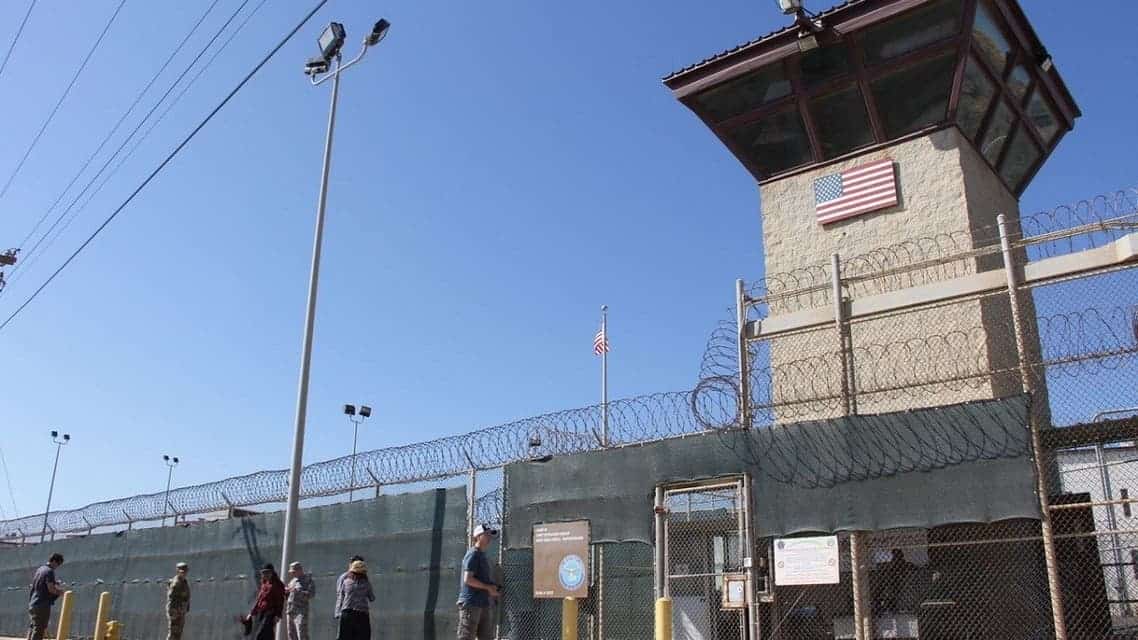-
US Secretary of State says he doesn’t know when it can happen
-
Former president Obama had failed in his bid to close the prison
US Secretary of State Antony Blinken on Friday repeated his country’s resolve to close the controversial prison at Guantanamo Bay, while acknowledging it was difficult to predict when it would happen.
Blinken, on a visit to Paris, noted that only about 40 prisoners were left but said the issue remained “complicated” due to questions on where to send them. AFP quoted him as saying in French, “This is completely our position and we are working on this,” Blinken said when asked about closing the Guantanamo jail in a forum on the youth-oriented French network Brut. “It’s the goal but I can’t guarantee the date. It’s simply the goal,” he said.
Former president Barack Obama, under whom Blinken served in more junior roles, failed in his bid to close the prison at a US military base in Cuba, which became a symbol of excesses in the “war on terror” launched after the September 11, 2001 attacks.
President Joe Biden’s White House in February launched a study into how to close the prison but it has been careful not to overpromise after the failure of Obama’s vow to get rid of it within one year of taking office in 2009.
The rival Republican Party quickly blocked Obama’s plans by restricting the ability of the United States to move prisoners from Guantanamo to the US mainland. The prison, where inmates have recounted harsh interrogations, was set up under president George W. Bush for suspects captured around the world on the understanding they would not be entitled to the constitutional protections to due process guaranteed on US soil.








